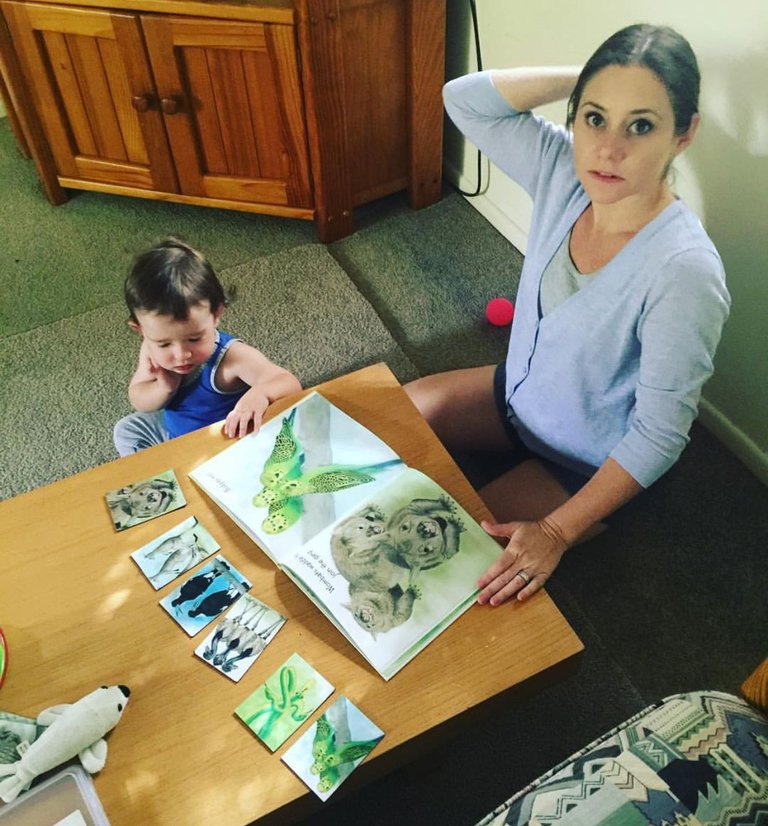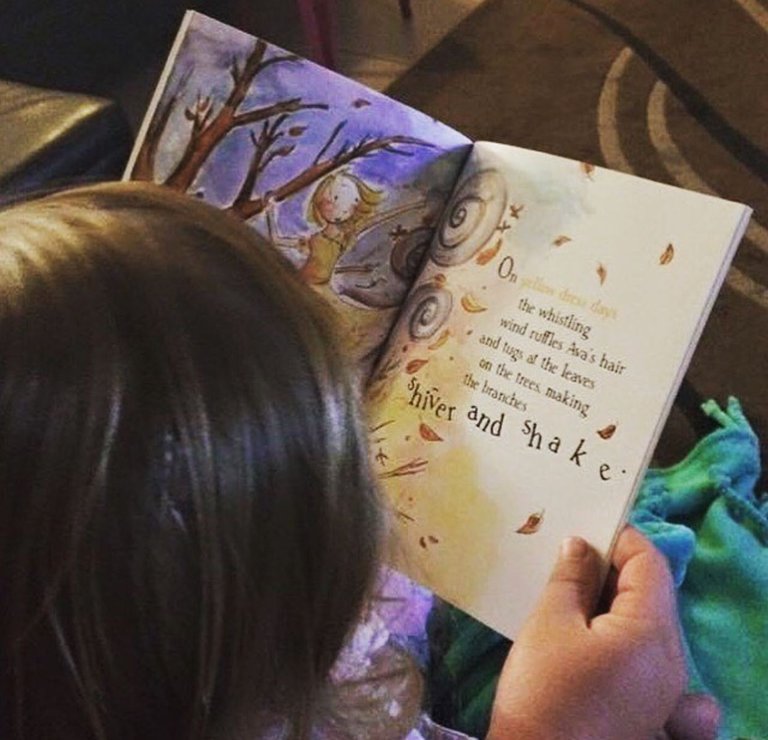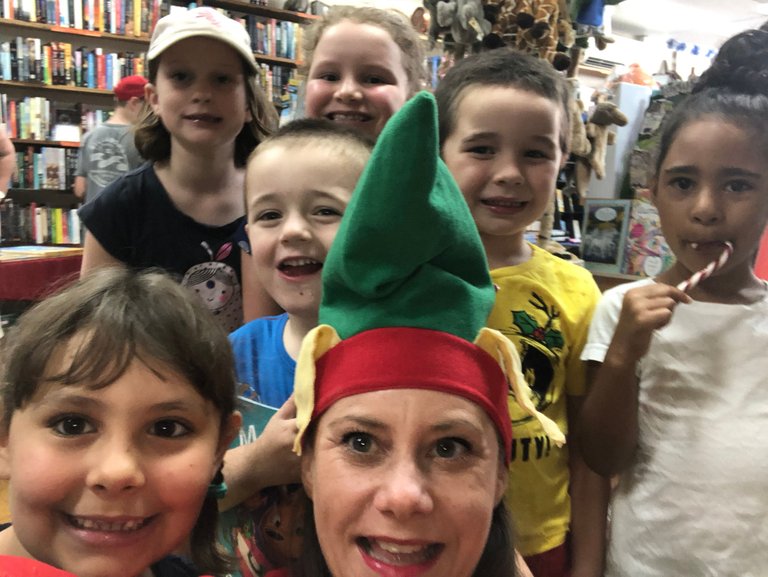
Hang on, did the author just say to tell our kids they don’t have to read??
I don’t mean that kids shouldn’t read, they just shouldn’t be forced to. Engagement through reading occurs when caregivers can help children by using interpretive tools to select, connect and organise information int he text to construct real meaningful interpretations of their own lives. The context of reading and the culture of literacy on a family and social level can also influence engagement. Reading with your child, not to your child, is important on a cognitive, metacognitive and motivational level.
Children who have been engaged in reading, not just ‘read to’ from a young age do better academically and are more attentive students. During organic engagement, attention and mental processes are focused on the book and the learner is completely absorbed in the task of reading and in a state of flow. Although a child may be looking directly at the pages in a book and may appear to be engaged, they may only be going through the motions. Engaging your child during reading means sustained and personal commitment to create understanding.
Children are more likely to be engaged in reading when they believe they are capable of understanding, when it is interesting and when they feel it is important to them. This is why, as I have mentioned before in my previous blogs, that engaging children with reading books must come after they have a firm grasp of the relevance of words and communication in their day to day lives. This will help them to self regulate their attention and effort, relate new information to existing knowledge and monitor their own comprehension, making them more likely to have the physical and mental ability to hold their attention long enough to be successful readers.
It also makes it easier for them to distinguish between relevant and irrelevant information, link familiar knowledge to incoming information and organise sequences from the story, making them critical and creative thinkers.

In order for engagement in reading to occur, caregivers must provide instructional conditions that support it. A family culture that provides for child interaction and caregiver modelling of cognitive processes promotes the notion of reading as a transactional process where meaning occurs as the child’s expectations and experiences are in transaction and content of the text. Reading should be viewed as an interpretive process rather than as an exercise in listening and sitting still. Children should be encouraged to use strategic comprehension processes such as predicting, relating to prior knowledge and asking questions about the text in a reader-response collaborative discussion.

Too often, children’s experience of human interaction emerges as an unpredictable negotiation between being an individual and being asked to fit in with the expectations of others. They are asked to be passive participants in their learning. To engage children in reading, a more active stance is required. Children should be encouraged to use their own individual interactions with the text as they attempt to make sense of it so they can craft their own interpretations. As caregivers model interpretive tools, children become accustomed to seeing them used to derive a meaning from the text and develops an inherent reflexivity in its use as a tool to nurture engagement.
If you have any other ideas on why you agree that reading is an integral part of developing critical and creative thinkers, I would love you to contact me or comment below.

I hated books and reading and everything that was an obligation. But once I started reading of my own volition then I was hooked. I probably rad 50+ books a year.
Never force anything
That’s exactly what I mean! We need to let our kids naturally engage.
Steemit all the way.
Great post tnx for sharing I just upvoted.
Check out my new posts if you can plz
upvote resteem comment @gclipse
Thank you for sharing this good deal of information.
my eldest son really likes to read to him. but does not want to end up learning to read independently. reads only a couple of short words and everything) although he is 5 and I think that will come over time. Then there will be less work in me )